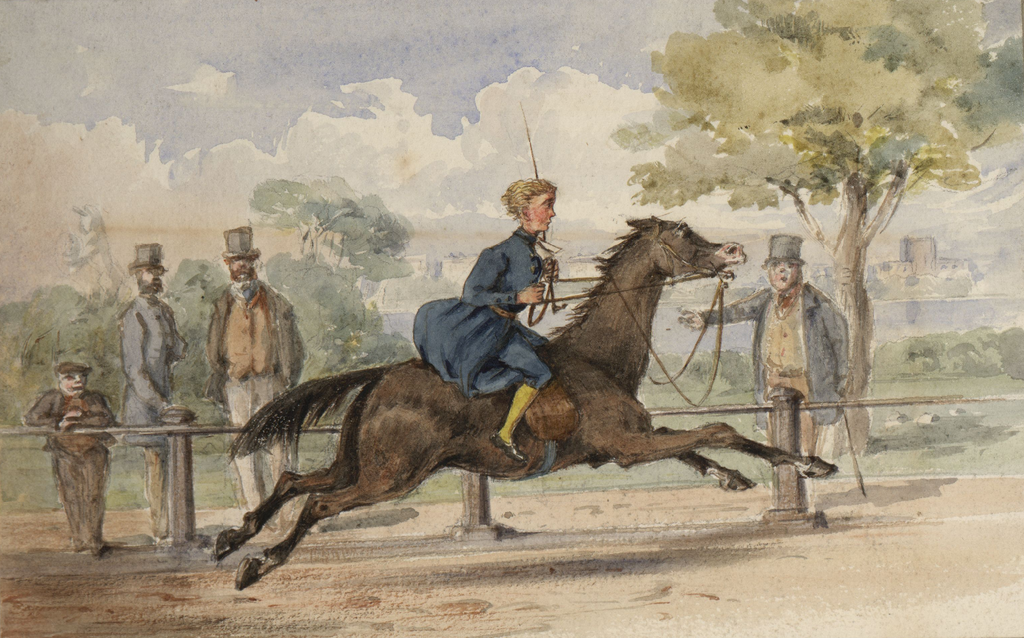The Art of Handicapping: Predicting Horse Race Outcomes
When it comes to predicting the outcome of a horse race, it’s not just luck that matters. Handicapping, the process of analyzing data and factors to make informed predictions, plays a crucial role in determining the winners and losers on the track. In the world of horse racing, those who excel at handicapping are often the ones who come out on top.
Understanding the Basics of Handicapping
Handicapping is the practice of assigning weights or other handicaps to horses based on their past performances, in order to equalize their chances of winning. By analyzing factors such as speed, form, class, and track conditions, handicappers can make educated guesses about which horses are most likely to come out on top in a given race.
The Factors to Consider
There are many factors that go into handicapping a horse race, but some of the most important ones include:
Speed: How fast a horse has run in its past races can be a good indicator of its potential in future races.
Form: A horse’s recent performances can give clues about its current condition and fitness level.
Class: The level of competition a horse has faced in the past can impact its chances of success in a given race.
Track Conditions: The surface and weather conditions on race day can affect how well a horse performs.
The Importance of Data Analysis
In order to make accurate predictions, handicappers must be diligent in analyzing the data available to them. This includes studying past performances, tracking trends, and keeping up-to-date on the latest information about the horses and jockeys in the race. By crunching the numbers and identifying patterns, handicappers can improve their chances of making successful bets.
Using Strategy to Gain an Edge
Handicapping is not just about crunching numbers—it also requires a strategic approach. Experienced handicappers often develop their own systems and methodologies for evaluating horses and races, and use these strategies to gain an edge over other bettors. By staying disciplined, remaining patient, and trusting their instincts, handicappers can increase their chances of success in the long run.
Learning from Experience
Like any skill, handicapping takes time and practice to master. Successful handicappers are often those who have put in the hours studying races, analyzing data, and learning from their mistakes. By staying humble, open-minded, and willing to adapt their strategies, handicappers can continue to improve their predictions and enhance their chances of winning at the track.
Conclusion
Handicapping is both an art and a science, requiring a mix of analytical skills, strategic thinking, and experience. By understanding the basics of handicapping, considering key factors, analyzing data, using strategy, and learning from experience, bettors can increase their chances of predicting horse race outcomes accurately. So next time you’re at the track, remember that a little handicapping could go a long way in helping you pick a winner.

